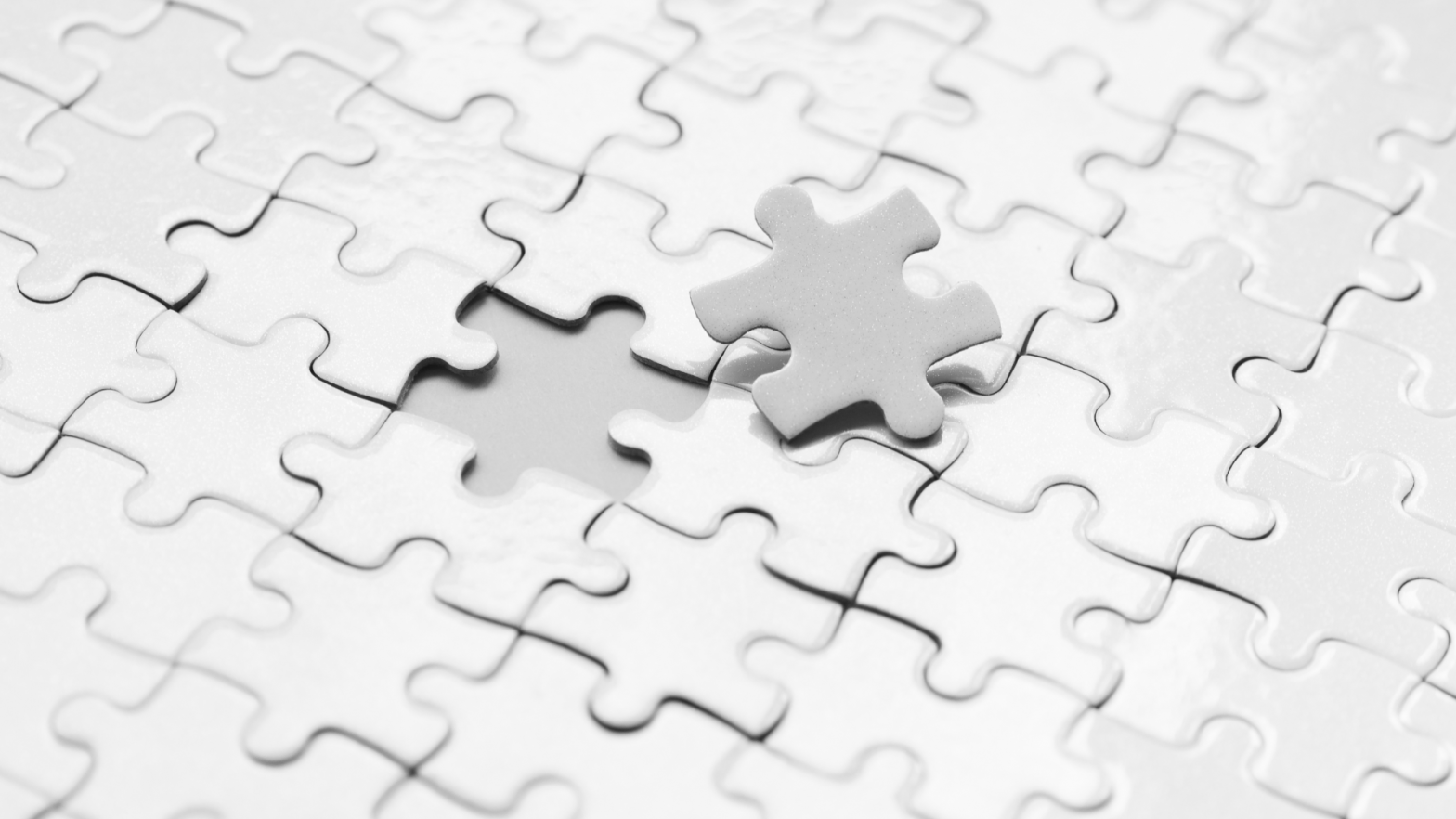In the “Was Wäre Wenn” song, sung by Cluedo, we have a perfect example of Konjunktiv II:
“… und kämen wir nie zusammen, müssten wir uns niemals trennen.” – (…and if we had never met, we would never have had to part).
The very essence of using modal verbs is that we are making conjectures about something that has already happened and cannot change.
As I mentioned in my introductory article on Konjunktiv II, modal verbs in Konjunktiv II are not used with the verb würden. They have their own forms, which are very similar to those in the Imperfekt past tense. Thus, müssen is changed to müsste, sollen to sollte, wollen to wollte, dürfen to dürfte, mögen to möchte, and können to könnte.
Speculation on the past
In German, modal verbs are often used to speculate about the past. In this way, you can express something that you wish had or had not happened in the past, i.e. something that can no longer be changed.
To say that someone should or should not have done something, use hätte + sollen/müssen. Look at these examples:
| German | English |
|---|---|
| Sie hätte das nicht machen müssen! | She didn’t have to do that! |
| Der Trick sieht gewöhnlich aus. Sie hätte ihn mehr üben müssen. | The trick looks ordinary. She should have practiced it more. |
| Du hättest “nein” zu ihr sagen sollen. | You should have said “no” to her. |
| Wir sind zu spät. Wir hätten uns beeilen sollen. | We are late. We should have hurried. |
| Das Restaurant ist ausgebucht. Wir hätten anrufen sollen. | The restaurant is fully booked. We should have called. |
| Nach allem, was er gesehen hat, hätte er es besser wissen müssen. | After all he saw, he should have known better. |
Expressing probability
Modal verbs in Konjunktiv II have another function. With their help we can determine the probability of events. Modal verbs then do not occur in their basic meaning, but serve only to express our suppositions. This works on the same principle as in English. For example, we also say that something “must be true” or something “could not happen.” In German, to express different levels of possibility and probability, könnte, dürfte and müsste are used.
- Könnte corresponds to the English “may” or “could” and expresses about 40% probability that something could happen.
- Dürfte corresponds to the English “probably” and expresses about 75% probability that something will happen, but still no absolute certainty.
- Müsste you use if you are almost certain that something will happen – you expect it to happen. It is best translated with the English “should” or “must.” See the example sentences:
| German | English |
|---|---|
| Ihr Mann sagt, es könnte geschlossen sein. | Your husband says it may be closed. |
| Das könnte eine gute Idee sein. | That could have been a good idea. |
| Der Himmel ist klar. Es dürfte heute nicht regnen. | The sky is clear. It shouldn’t rain today. |
| Sie dürften im Juni in den Urlaub fahren, aber sie sind sich nicht sicher. | They will probably go on vacation in June, but they are not sure. |
| Sie müssten schon zu Hause sein. | They must be home by now. |
| Oh, mein Telefon klingelt! Das müsste sie sein. | My phone is ringing! It must be her. |







